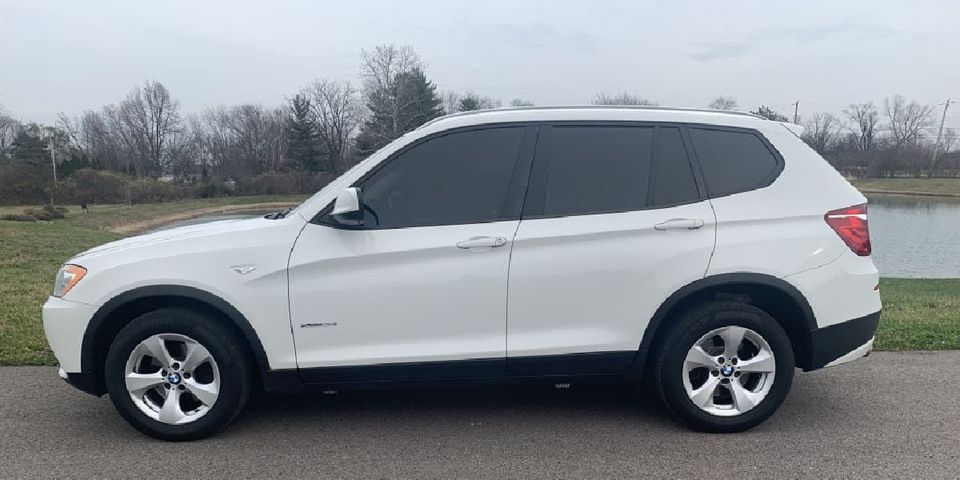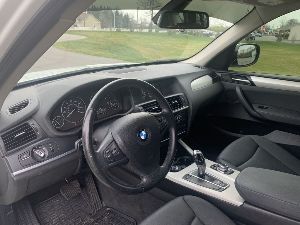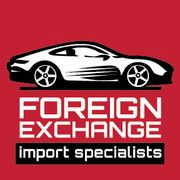The Do’s & Don’ts of Buying a Used Car

When narrowing down choices for a foreign vehicle purchase, there are many strong reasons to opt for a previously owned model. While new vehicles start depreciating the moment they roll off the showroom floor, used foreign cars offer enormous value for most drivers. However, some offer more reliability and performance benefits than others. Here's what to do—and what to avoid—to maximize your investment.
Do:
Research vehicle history.
Every used car has a history. Some have experienced accidents or flooding that could significantly impact resale value or create ongoing problems. Others have had one owner and a solid history of preventive maintenance.
Many used foreign cars offer reliability for years as long as they’ve been maintained properly and haven’t experienced serious problems. Luckily, vehicle history checks are easily accessible in today's marketplace, so ask the seller to see a report about any model that piques your interest. Just be aware that they may not contain all repair history, because some service shops don't share their information.
Take a test drive.

Driving a vehicle is the best way to get a feel for its condition. If you’re buying a performance car, a test drive can help you determine if you'll enjoy driving it in traffic and on the open road. If you’re looking for a reliable family car, test-driving can help you ensure it provides comfort and your desired safety features.
Get an Independent Pre-Purchase Inspection.
Import cars are a significant investment, and it is well worth the money to have your potential vehicle inspected by a foreign repair shop prior to making your final decision. A good pre-purchase inspection can typically be done in an hour, and you'll receive a report detailing what they found. Make sure you use a repair shop that handles a high volume of the type of car you're purchasing, so they have experience with the common issues and diagnostic tools required. The report should include information about tire and brake wear, fluid levels and conditions, leaks, hose and belt issues, battery charge level and more. While it can't include internal components like timing chains, it can provide you with information on things like oil leaks or the need for new brakes.
Don’t:
Opt for the cheapest option.
There are plenty of deals to be had with used foreign cars, but it’s important to take all costs into account when buying. Some especially cheap used cars may come with engine issues or transmission problems that can be expensive to fix or maintain. You don’t need to spend outside your budget, but don’t chase the lowest possible price without considering these extra costs.
Buy from a disreputable dealer.
In addition to researching your specific car choice, look into the dealer you’re buying the car from. Many car dealers are reputable, but there are also used car lots that employ dishonest selling tactics, such as promising that a vehicle is “certified” while only offering a very limited warranty. Read reviews or ask around to learn about the dealer’s reputation before buying, and don’t be afraid to ask questions about specific claims.
Gayle Reilich, Vice President, Foreign Exchange.
If you’re looking for a used foreign car or need a used car inspection, check out Foreign Exchange. Foreign Exchange provides an alternative to traditional used car dealers and general repair shops. They focus on import manufacturers like BMW®, Mercedes®, Audi®, Porsche®, and Volkswagen®, so the technicians and salespeople are especially knowledgeable about these models. Visit the website to see the current inventory and find a location near you.
About the Business


